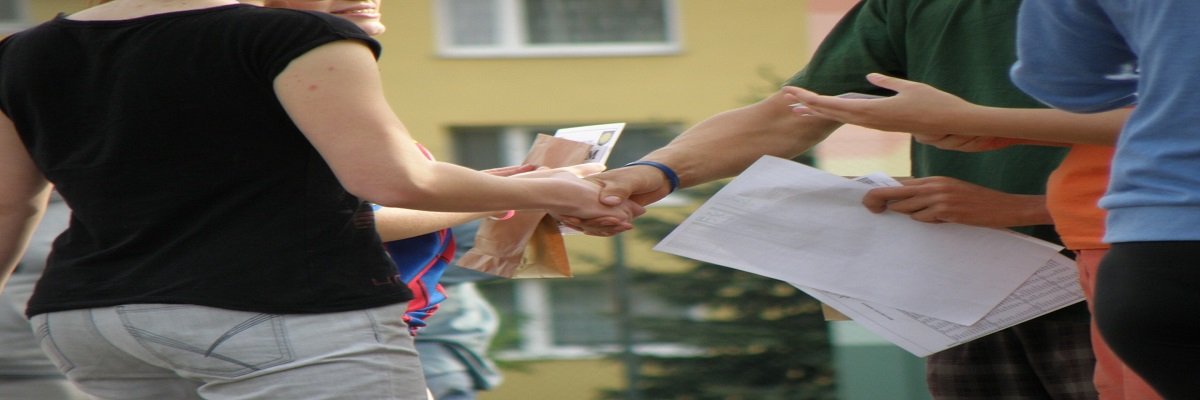Call: 888-297-6203
If you are struggling with financial issues, bankruptcy can be an excellent way to get rid of your debts. While bankruptcy can prevent repossession and foreclosure, it cannot help you if the sale process has been completed and your property’s interest in the collateral is terminated. It can also stop creditor harassment and eliminate some of your debt while protecting your property; however, its effect on your credit score cannot be denied. So, if your credit score is already bad, filing for bankruptcy might help you improve your credit score. This is because, after bankruptcy, you might be able to get rid of your unsecured non-priority debts like credit card loans, personal loans, etc.
Alternatives are available to a bankruptcy filing. These include an out-of-court settlement with creditors, negotiating a reduction in payment, mortgage modifications, etc. In addition, filing for bankruptcy puts an end to creditor harassment through incessant telephone calls add letters. Once your creditors are notified of your bankruptcy filing, an automatic stay is placed, preventing creditor harassment. The Fair Debt Collection Practices Act (FDCPA) provides consumers the right to prevent illegal harassment due to debt collection activities. Before opting for a bankruptcy filing, you should discuss your options with experienced bankruptcy lawyers. You can call 888-297-6203 to seek assistance from Los Angeles bankruptcy lawyers.
What can bankruptcy do and cannot do?
Here is what you can expect when you file for bankruptcy:
- Bankruptcy can get rid of your legal obligation for some or all your debts to provide a fresh financial start.
- It can prevent foreclosure on a home and repossession of your vehicle and other personal properties.
- It can stop wage garnishment and collection harassment.
- It can prevent the termination of utility services. It can also help restore these services if they were terminated.
- The monthly payments on some secured debts (mortgage and car loans) can be reduced.
Bankruptcy cannot help you with:
- Getting discharge of all your debts. Some debts like child support, alimony, criminal fines, court restitution orders, most taxes, and student loans survive bankruptcy. Student loans are discharged only if ‘undue hardship’ is proven.
- Protecting all co-signers of the debt. If the debtor gets a bankruptcy discharge, their liability to the loan is over. However, the creditor can pursue the co-signer to repay the loan.
- Discharging debts that were incurred after the bankruptcy filing
Different bankruptcy chapters
Under the Bankruptcy Code, bankruptcy cases can be filed under any of these six chapters, depending on your income, assets, type of debts, and your reason for the bankruptcy filing. These chapters are:
- Chapter 7 – Also known as liquidation bankruptcy, it is for consumers with little to no income. You can discharge most of your unsecured debt without paying anything in three-six months.
- Chapter 13 – This chapter is preferred by individuals and sole proprietors to get rid of their debt by restructuring their debts. Filers repay their debts through a three- to five-year repayment plan. They can catch up on past payments and even keep the non-exempt property if they can pay for it.
- Chapter 11 – Consumers whose debts are more than the threshold for Chapter 13 bankruptcy ($394,725 in unsecured debt, or not more than $1,184,200 in secured debts) can file for bankruptcy under this chapter.
- Chapter 12 – This bankruptcy chapter is like Chapter 13 but is meant for farmers.
- Chapter 9 – This bankruptcy chapter is similar to Chapter 13 but is meant for Municipalities.
- Chapter 15 – This bankruptcy chapter is meant for filing foreign debtors.

